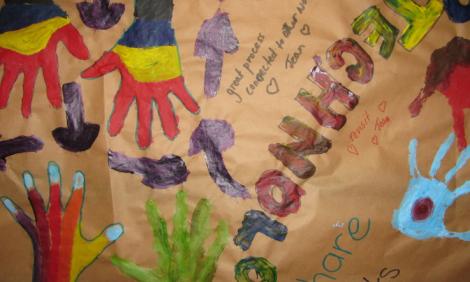
In depth
“Defending yourself means defending your community”
In the second part of the interview with c5 and anonymous, the trainers from the secure online communications workshop provide strategies for mitigating some of the dangers for women's human rights defenders. While examining the practices of policy-makers, internet intermediaries and every day users, they conclude that security means more than just awareness -- it requires behavioural change.
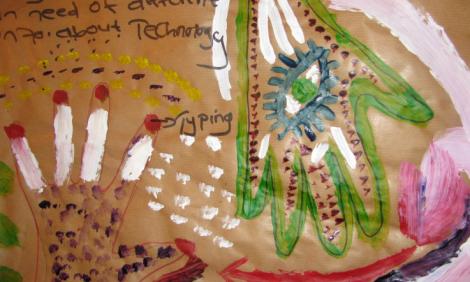
In depth
The changing face of women's rights activism: be careful what you say online
Jennifer Radloff, GenderIT.org contributor, and Running Toddler, a participant of a recently hosted workshop in secure online communications for women human rights defenders, interviewed the workshop's trainers, c5 and anonymous. In this first part of the interview, the trainers talk about their experience in training activists and human rights defenders to use technology securely, and the…
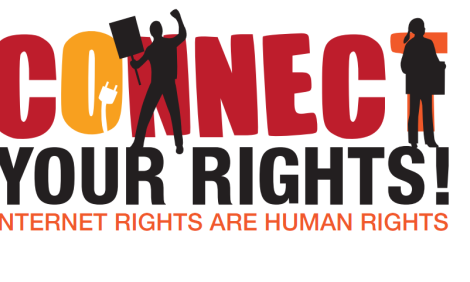
Editorial
Internet rights are women's rights!
A couple of years ago I stumbled across GenderIT.org while browsing the web for information about women's rights, human rights defenders and the internet. I was hooked, but I never thought that I would be invited to write an editorial.

In depth
Secure communications essential to women's rights defenders
Grady speaks to women's human rights defenders from India and Philippines who use ICTs in their work. They share their views how the right to freedom of association is exercised by women through ICTs. Speaking from their own experience, they dispelled some of the common myths surrounding the internet and ICTs use.
In depth
New research on sexuality and the internet is an “eye-opener”
Gus Hossein, Director of Privacy International, speaks candidly of his take on the EROTICS research project and its potential impact and value on the work on privacy rights.
Publication
MEDIA BRIEF: Censorship, sexuality and the internet
What is sexual content on the internet? What are sexuality and sexual rights? Which communications rights are critical for people's sexual rights? What are the most common threats to people's sexual rights? What are some of the methods and impacts of censorship of "sexual content" on the internet? These and other issues are highlighted by the media brief published by APC as part of the EroTICs…
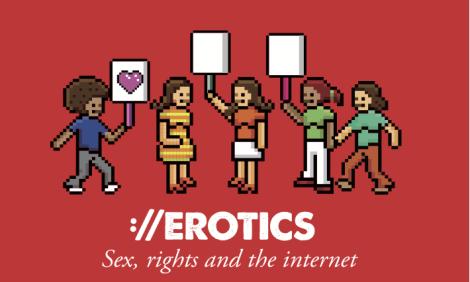
Publication
EROTICS: Sex, rights and the internet - an exploratory research study
How is the internet a key public sphere for the struggle for sexual citizenship and the exercise of sexual rights? What is its value to a diversity of users, especially those most marginalised or discriminated against because of their sexual, gender or other forms of social identity? Why do arguments for the regulation of the internet anchor on the moral imperative to regulate sexuality? Who are…
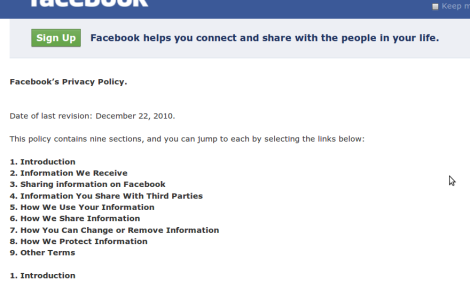
Editorial
Some reflections on erotica and internet: the feminist perspective
Mabel Bianco accounts what the experience of researching and examining issues of sexuality in the internet mean to her and her organization - the Foundation for Study and Research on Women (FEIM): " Personally, I have always worked, studied, researched and written on sexuality, especially in women from childhood to old age, but regarding the effect on their…

Editorial
Sex and the Net -- It starts with rights
As the EROTICS research shows, individuals and communities in a diverse range of contexts use the internet in countless ways to explore and express their sexuality. Any debate regarding sexuality online must begin with an affirmation of sexual rights.
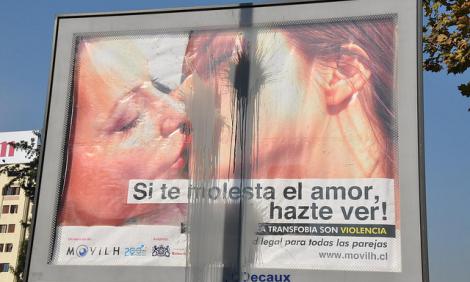
In depth
EROTICS in Brazil: The complex universe of sexuality on the internet
Sexuality Policy Watch and the Latin American Centre on Sexuality and Human Rights teamed up together to conduct the EroTICs research in Brazil. In an interview with Flavia Fascendini, they talked about their participation in the project as an opportunity to address the nuanced impact of new Internet legislation on sexuality. They approached this complex issue from two sides: looking at…




